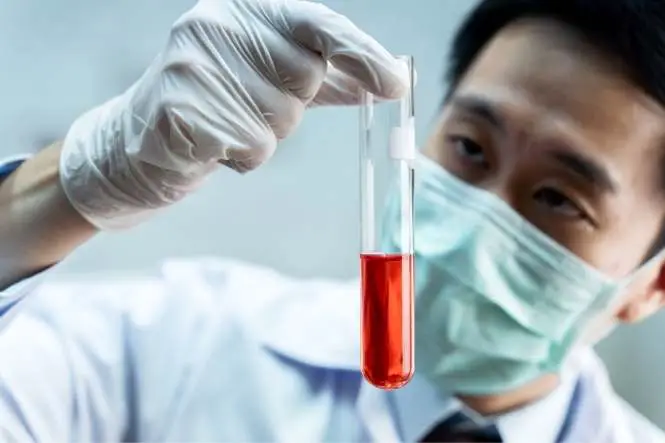Toxicology is the area of forensic medicine that deals with the categorisation and determination of drugs within the human body and also how they are a contributing factor in criminal acts.
There are many different kinds of drug available openly in our society today and many have side effects that can lead to changes in an individual’s mood and behaviour. And in some cases these changes in behaviour and mood can lead to outbursts of violence. These outbursts of violence can lead to murder – intentional or otherwise.
Role of a Toxicologist
The role of a Toxicologist is to examine samples of blood and urine and determine whether or not an individual has been using – or is under the influence – of an illegal narcotic substance.
They may also be charged with examining blood and tissue samples taken from a corpse in order to determine if they have died as a result of drugs or other illicit chemicals; illicit chemicals can also be qualified as poisons which when introduced into the human blood stream can cause serious illness or death.
After taking a drug either through means of injection or inhalation the individual can become highly strung, deeply depressed, euphoric or angry and as a result these feelings of varying emotions can lead those users of drugs to commit levels of crime that would normally be unknown to them had they not been under the influence.
Alcohol is also considered to be a drug and is illegal in certain circumstances; such as in the workplace or when consumed by underage drinkers.
Areas of Toxicology
There are two main areas of Toxicology:
- Screening: This form of Toxicology is used as a basic means of identifying the presence of illegal drugs in a sample of blood taken from a suspect or corpse. This test provides a quick result and is based on adding a particular solution – or series of solutions – to blood or urine; when mixed with a contaminated sample will change colour. This test can show the presence of cocaine, heroin, morphine or LSD within the system.
- Confirming: This particular method of toxicology is used as a means of ‘growing’ drug crystals from samples taken from an individual through blood or urine. A solution is added to the sample and left underneath a microscope. This solution assists the drug in the sample to form crystals, which have very defined characteristics that are representative of certain narcotics.
A toxicologist will also be responsible for testing tissue samples from the liver, kidneys, stomach, heart and lungs of a deceased individual if there are no visible signs of death. These tests are carried out to provide evidence of either drug abuse or the intake of poisons administered without the deceased’s knowledge.
Advances
As with all avenues of forensic medicine, Toxicology has moved on greatly in recent years and it has become a most reliable means of identifying many different kinds of drugs – both prescription and illegal – that can be administered into the body.
It has also taken on a more commercial feel and can be used by corporations and organisations in order to test their employees for substance abuse especially in jobs requiring the use of heavy machinery or jobs which require the employee to drive for long periods of time.
Toxicology has also given us many insights into how poisons – both manmade and those found in nature – can react adversely with the human body and its organs.


